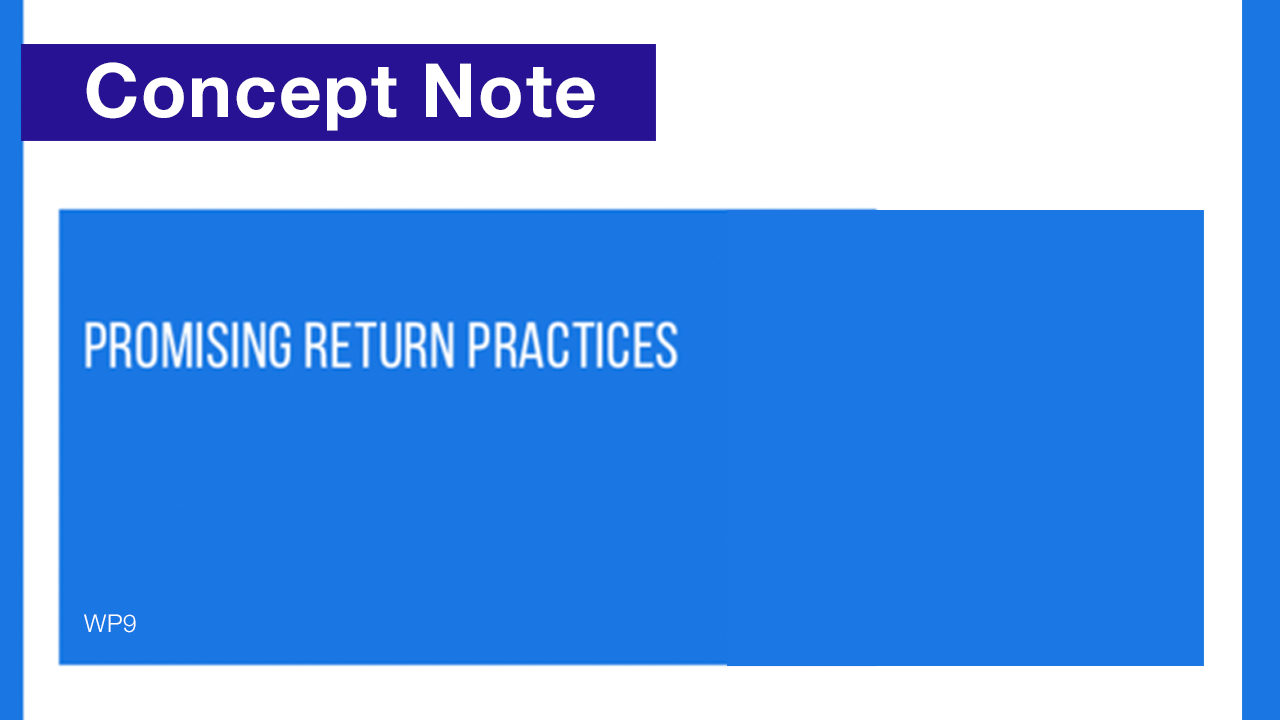This concept note, prepared as part of WP9 of the GAPs project, aims to identify and categorise “good” and “promising” practices regarding coerced returns. Synthesising findings from GAPs Work Packages 2-9, it proposes both an analytical framework and a standardised structure to support a comparative and multi-dimensional mapping of returnrelated practices across selected countries.
Read MoreThis paper examines the social and contextual determinants of public attitudes toward such returns in five EU member states: Germany, Greece, the Netherlands, Poland, and Sweden. Drawing on original survey data, we explore how individual-level characteristics such as…
Read MoreThis synthesis report is part of Work Package 3 of the GAPs ‘De-centring the Study of Migrant Returns and Readmission Policies in Europe and Beyond’ project. The report focuses on the concept of ‘Return Migration Infrastructures (RMIs)’, aiming to thoroughly study how return migration governance is put into practice at the everyday implementation level…
Read MoreThis study investigates public attitudes toward return migration in five European countries: Germany, Greece, the Netherlands, Poland and Sweden. Using survey data, it explores perceptions of return policies, the condition under which asylum seekers should return, and the social and personal factors shaping these opinions.
Read MoreThis report explores return aspirations and trajectories of migrants by examining the governance of returns and migrants’ perspectives and experiences on return from Turkey, Morocco, Poland, and Greece. These countries were selected because they can be seen as transit zones - not just as “transit countries” within migration chains, but also frequently in migrants' own accounts of where they are on a mobility trajectory. The report investigates how these countries' return migration governance influences return dynamics, outlining trends in…
Read MoreThis Country Dossier focusing on Greece is part of Work Package 3 of the GAPs project and discusses how return migration governance is put into practice, through the concept of ‘Return Migration Infrastructures (RMIs)’. Greece has a long history of returns the implementation of which has taken different forms depending on the political and socioeconomic context. Forced returns and deportations have been in place since the migratory movements of the 1990s, the Assisted Voluntary Return and Reintegration…
Read More





